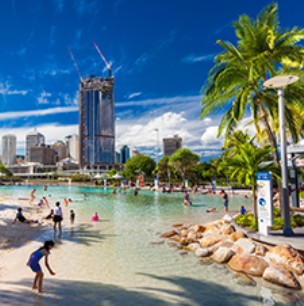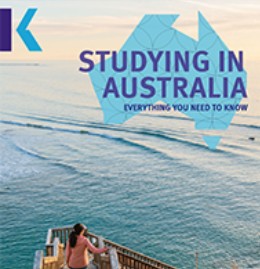A new student’s guide to Australia: key tasks for the first month
Arriving in a new country can be exciting, but also overwhelming. As an international student in Australia, the first month is critical for laying the foundation for a smooth and successful study experience. From setting up your bank account to familiarising yourself with your local area, there’s a lot of things to do.
This practical guide will outline the key tasks you should aim to complete in your first month after you arrive to help you settle in with confidence.

WEEK 1: SETTLING THE BASICS
Accommodation
We recommend securing your accommodation before you arrive as they can all get booked quickly. There are a variety of accommodation options available across all major Australia cities, depending on your needs such as:
On-campus accommodation – managed by the university. You can choose from studio to shared apartments. Suitable if you have a limited budget.
Purpose-built student accommodation – built exclusively for students. Suitable if you are a social person wanting to be part of a student community.
Shared rentals – living in a house or apartment with other flatmates. Suitable if you like living with other people and it is a more affordable option. To search for private rentals, check out Flatmates, Gumtree, Domain and Realestate.com.au.
Homestay – living with a local Australian family. Suitable if you want to live with a family and need extra support from friendly Australians.
Your priority after you arrive is settling into your new accommodation. Whichever option you have chosen, get to know the facilities available and the surrounding area. If you’re living with other people, start getting to know them. You will also need to let your education provider know your new address within 7 days of arriving in Australia.
Mobile phone and internet
A local mobile number is essential. It not only saves you on international charges, but many businesses in Australia prefer that you provide them with a local number to contact you with.
The main telecommunications providers in Australia are Telstra, Optus and Vodafone. You can choose between prepaid services or contract plans. As you will be planning to stay in Australia for at least a few years, opt for a contract plan as it’s a more convenient and cheaper option.
Before you look for an internet provider, check with your accommodation to find out whether the internet is included in your rent or if your housemates already have an internet connection, and you just have to pay a portion of the monthly cost. If you need to set up an internet connection, compare internet providers before making a decision.
Open a bank account
Opening an Australian bank account will make everyday transactions easier and save you on paying international fees. The big Australia banks – Commonwealth Bank, Westpac, ANZ and NAB – offer account options that are tailored for international students. There are many other smaller reputable banks too so compare student bank accounts before deciding.
Understand your overseas student health cover (OSHC)
As an international student, you are required to have Overseas Student Health Cover (OSHC) for the duration of your study in Australia. Get to know what is covered such as doctor visits, hospital care and emergency ambulance. Download the relevant app to ensure you get updates.
Apply for a tax file number (TFN)
International students can work up to 48 hours every fortnight during the semester and unlimited hours during the term break. If you plan to work casually or part-time, you’ll need a Tax File Number to ensure you’re taxed correctly. You can apply for one online via the Australian Taxation Office.
Create a budget
As an international student, then this may be the first time you’ve moved out of home, and you are now responsible for paying your living expenses. To ensure you can pay for your bills, expenses and other costs, we recommend that you set up a budget.
First, use the Cost of Living Calculator to help you plan for upcoming expenses for the Australian city you’re in. Then use a spreadsheet or apps such as Frollo, WeMoney and You Need a Budget to manage your money and track your spending. If you have a limited budget, there are many ways to save money. Check out UNiDays, Student Edge and Student Beans for a comprehensive list of retailers who offer student discounts.
WEEK 2: GETTING TO KNOW YOUR LOCAL ENVIRONMENT
Familiarise yourself with public transport
Public transport is the best way for students to get around the city. Before your orientation program, practise a ‘dry run’ of how you will get to university. Each Australian state has a different ticketing system for getting around on public transport. For example, in NSW, it’s the Opal Card, in Victoria it’s the Myki card and in Queensland, it’s the go card. Visit the transport network website for your state to find out more about the ticketing system, pricing, routes and timetables or download transport apps such as TripView (NSW), PTV (VIC) and Translink (South- East Queensland).
Several Australian states (e.g. South Australia and Western Australia) offer international students concession rates for public transport. Once you get your student ID at your university’s orientation week, you can use it to receive concession prices.
Explore your local suburb
Walk around your local suburb to familiarise yourself with roads and streets. Find out where your local supermarket is and explore nearby shops, cafes, restaurants and parks. You can visit city attractions and learn more about upcoming events.
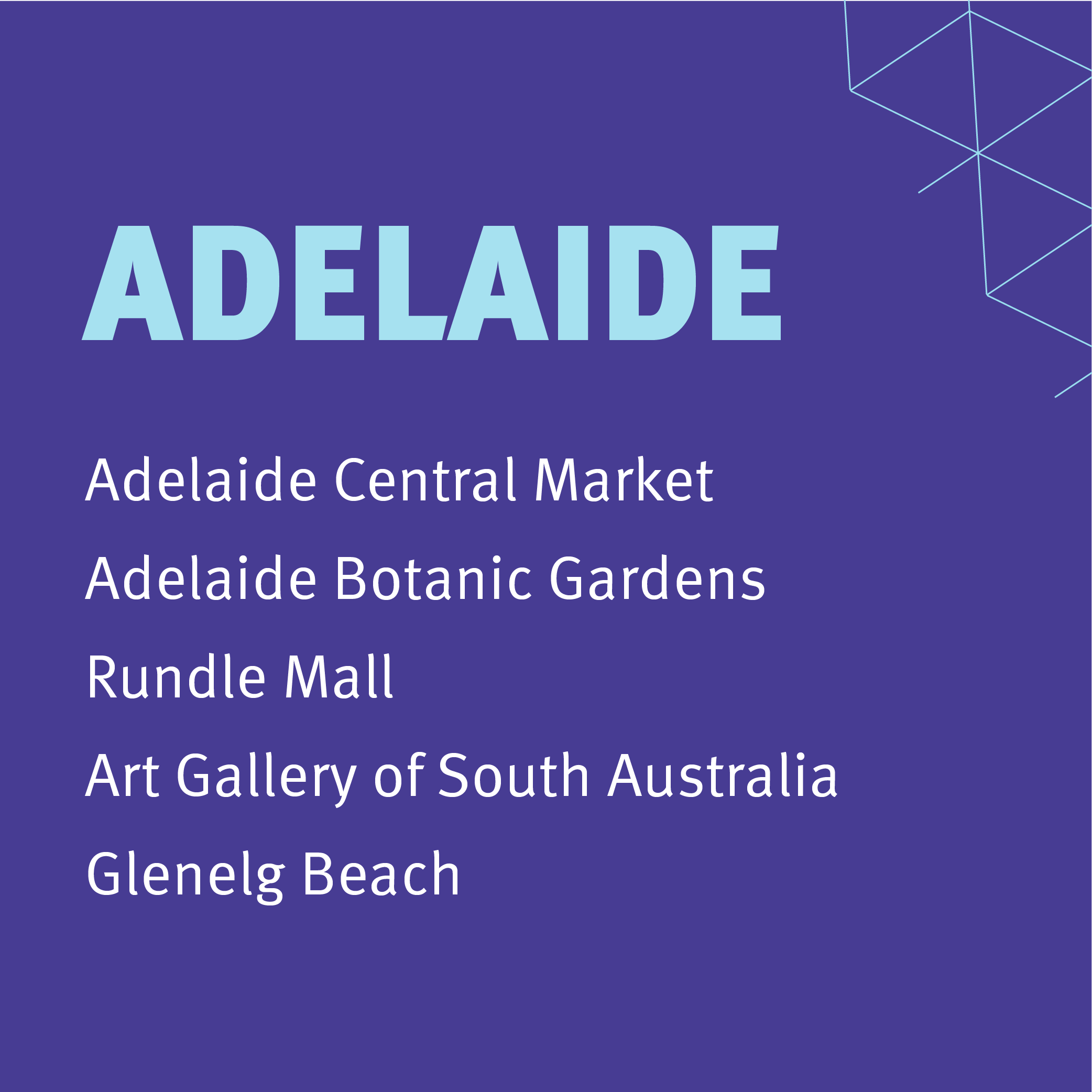
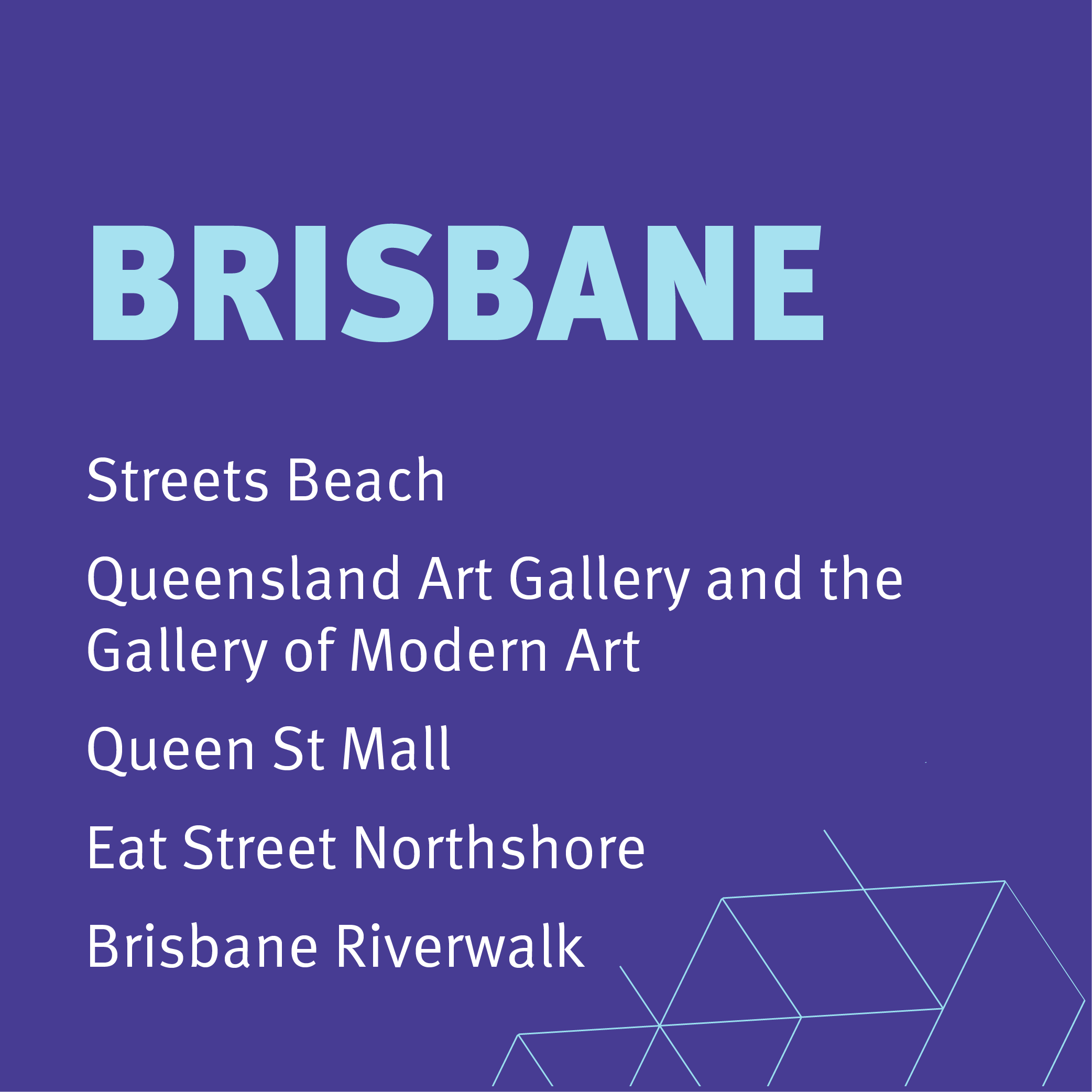
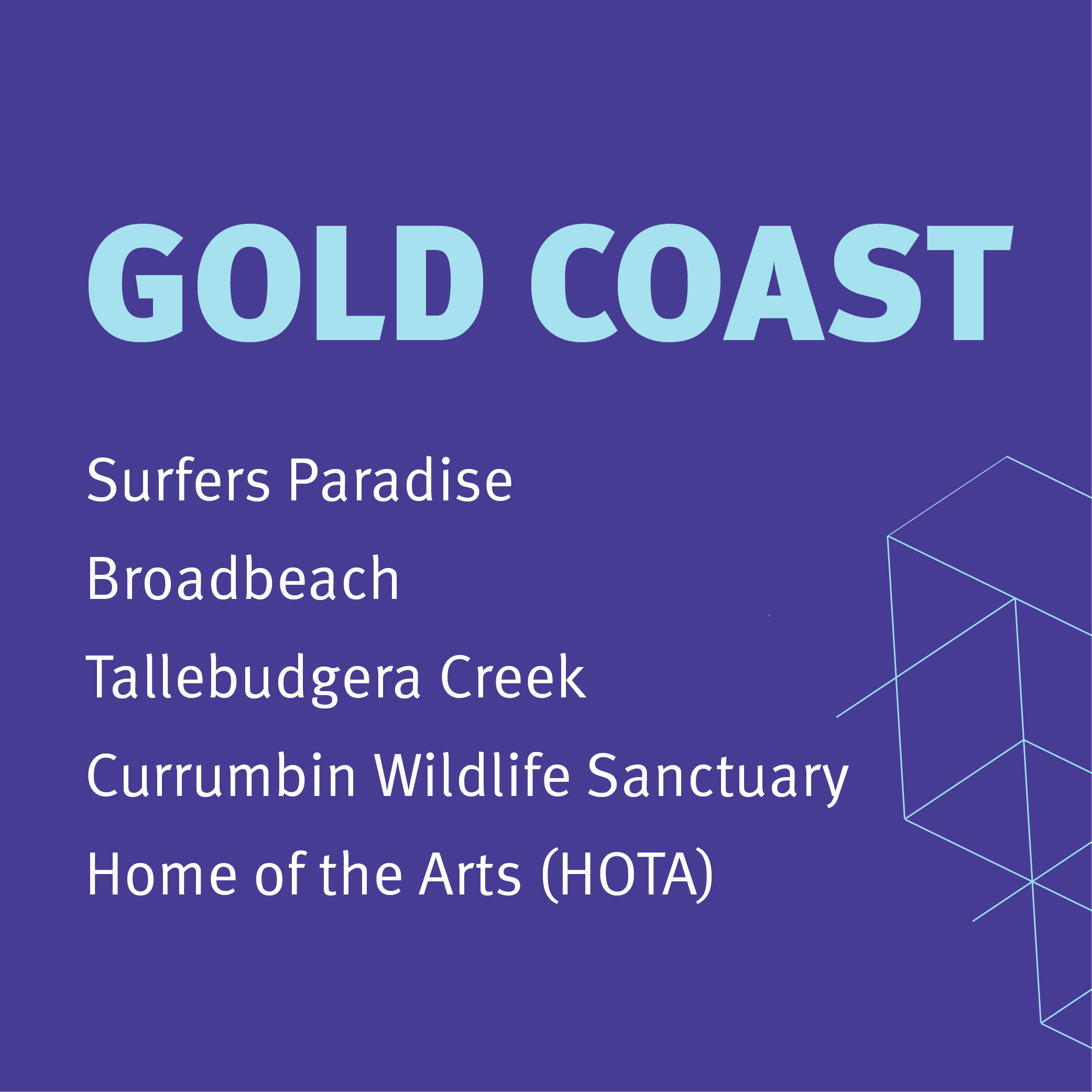
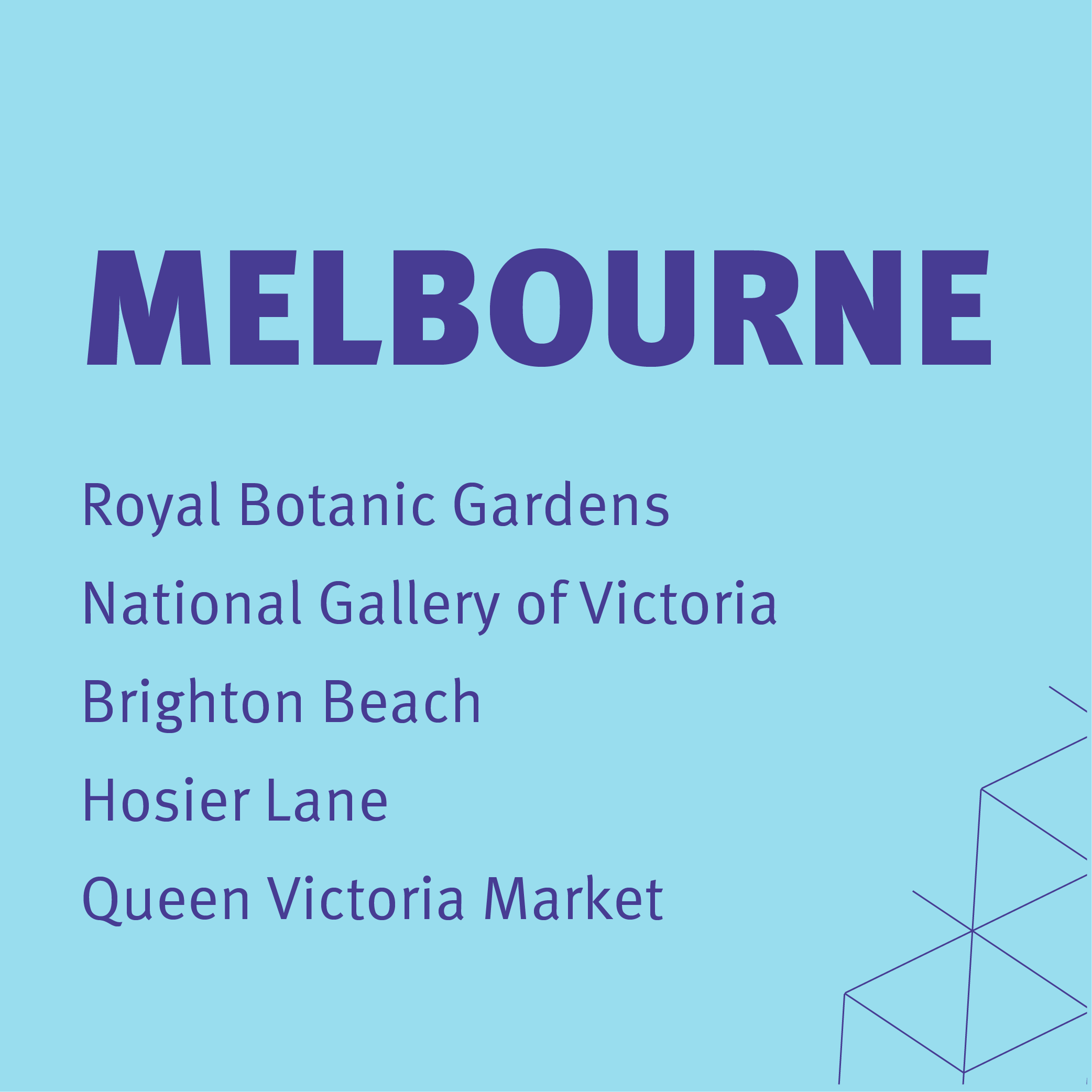
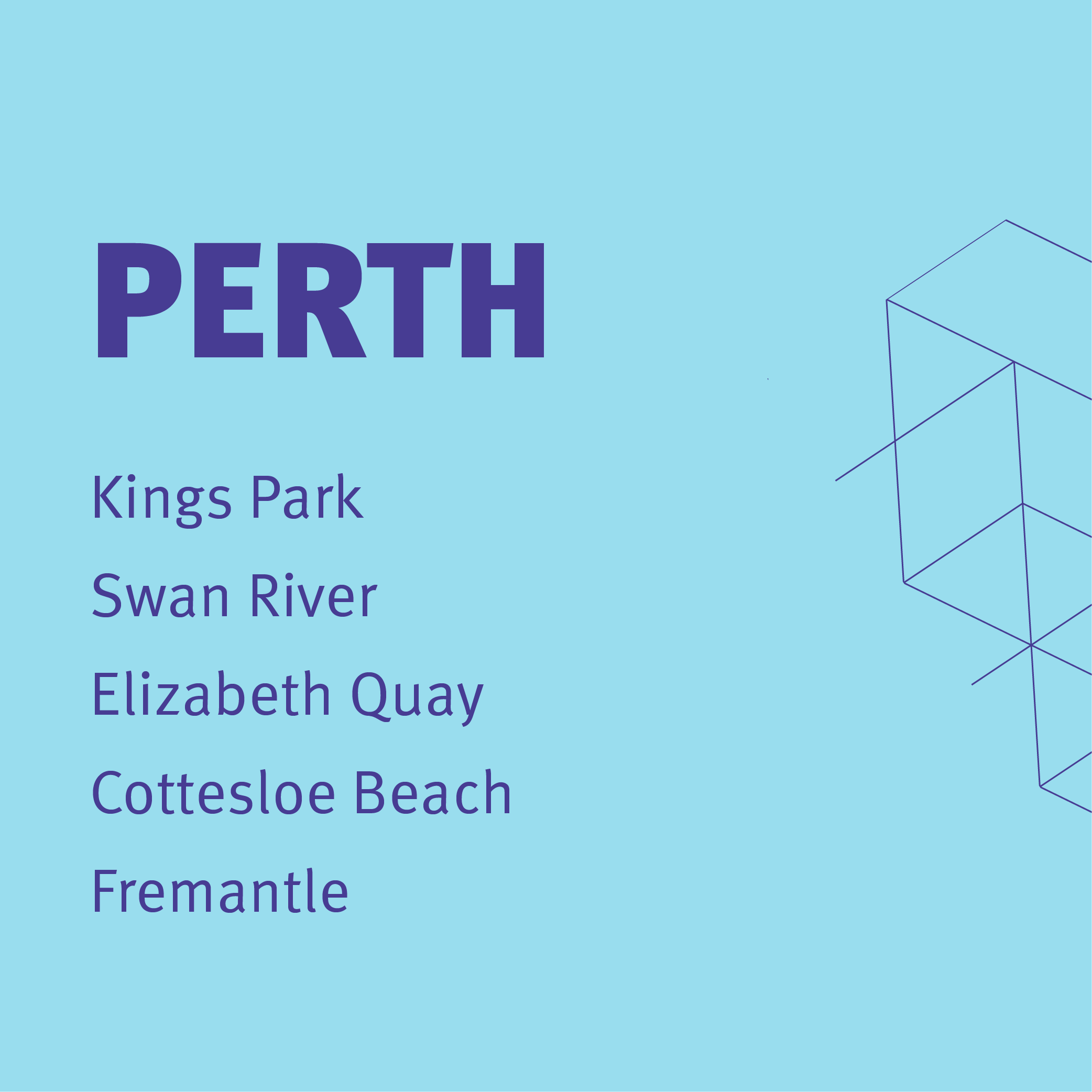
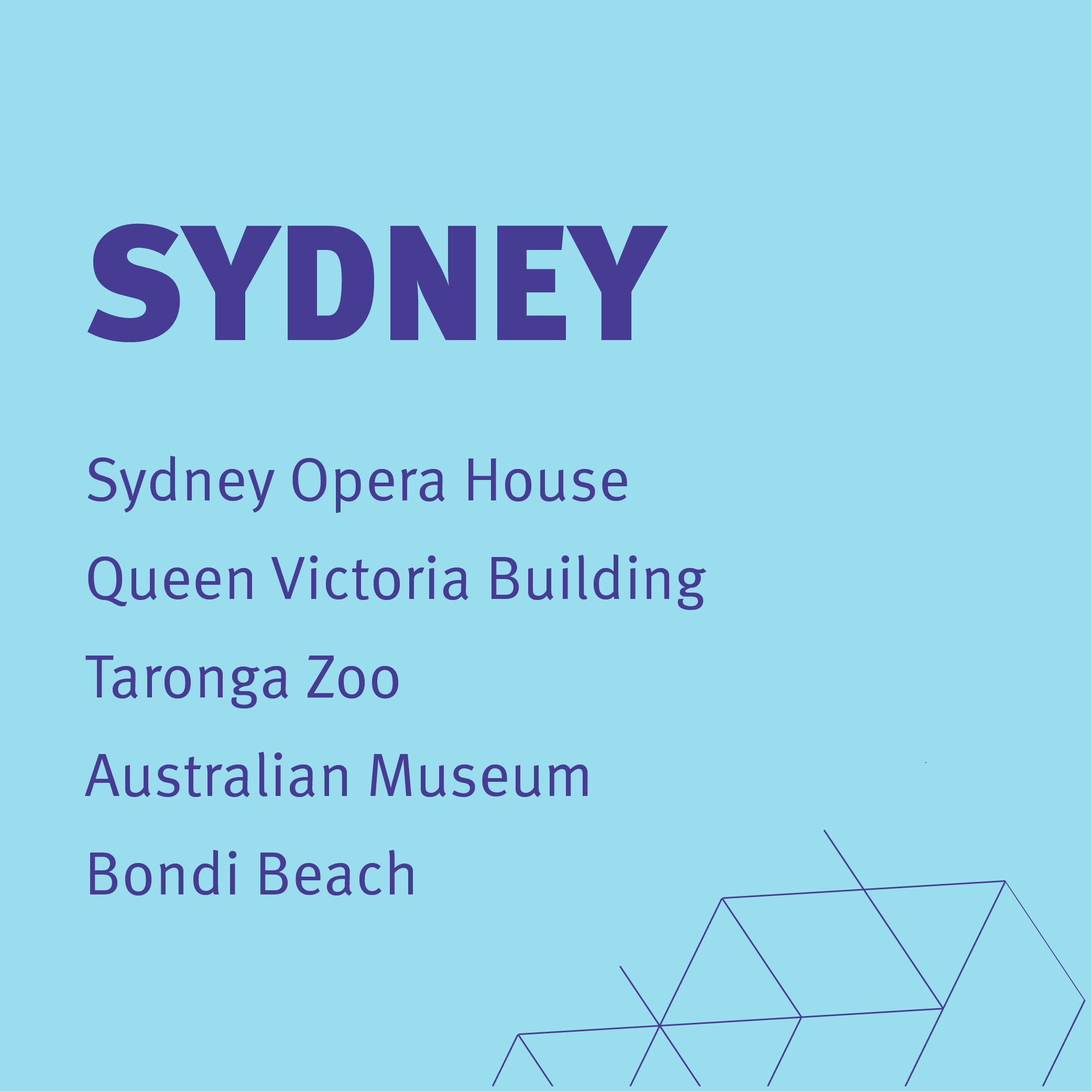
Attend your orientation program
You would have received information about your orientation from your university. It’s important that you attend. You will get essential information about your courses, meet your lecturers, finalise your enrolment, get your student ID and learn how to use their online learning portals. It’s a great opportunity to meet other international students, get a campus tour, visit facilities such as the library and lecture halls as well as learn about student clubs and support services.
Learn about Australian culture and etiquette
By week 2, you may already be learning a bit about the Australian culture. You will discover that many Australians love spending time outdoors, enjoy a relaxed lifestyle and that you are now part of a vibrant multicultural community. The longer you stay, the more you will learn more about the country’s culture, etiquette and common Australian phrases or slang and feel more integrated into the local community.
WEEK 3 HEALTH, SAFETY AND LEGAL ESSENTIALS
Register with a local doctor
Find your nearby medical centres and check which one can bulk bill - meaning you won’t need to pay for covered services - or if you need to pay private fees. Decide on the medical centre you would like to go to if required.
Know your rights as an international student
As an international student, it’s important to understand your study, rental and work rights. Australian laws support a positive international student experience to ensure you receive high-quality education, are treated fairly when buying goods or services, protected as a tenant and working in a safe environment where you are paid correctly.
For more information, you can refer to the following websites:
Week 4: Social connections
Make new friends
Now that you’ve settled in your new accommodation, become more familiar with your local suburb and new university and attended orientation, you may find it easier to make new friends. You will naturally start making friends with your classmates, but there are also opportunities to meet new people outside the classroom such as joining university clubs and societies or attending cultural and community events.
You can find out about a wide range of social events through Meetup, Eventbrite or Facebook Groups. Each Australian city may have community events specifically for international students. For example, in Sydney, there’s the Lord Mayor’s Welcome to International Students event and Study Melbourne hosts a wide range of initiatives and workshops.
Build a support network
After a few weeks in a new country, you may be feeling homesick, so it’s important to regularly contact your family back home. If you ever need someone to talk to face-to-face, your university will have student support teams who can help you or arrange for a personal counsellor that you can talk to. Students at Kaplan Business School can access the Sonder app which provides you virtual or in-person help with your safety and wellbeing any time of the day and night throughout the year.
Your first month in Australia will feel busy. Remember, you don’t have to do everything at once. Take it week by week. There are many other international students who will be going through the same journey as you. Enjoy this exciting time of personal growth and if you need help, seek support from your university, family and friends.
At KBS, our Student Support team can help you with any study or personal challenges. Download our free eBook about studying in Australia for everything you need to know about living and studying here.
You may also enjoy:

